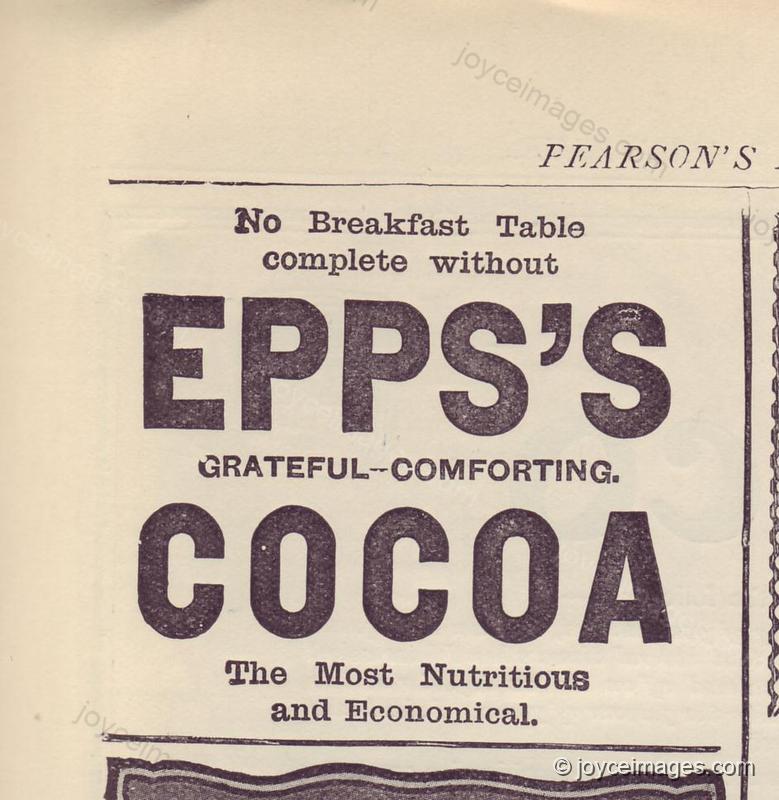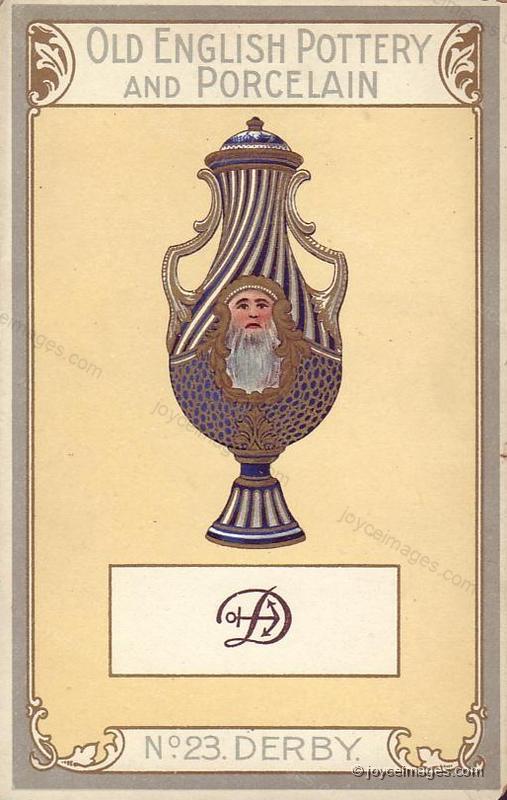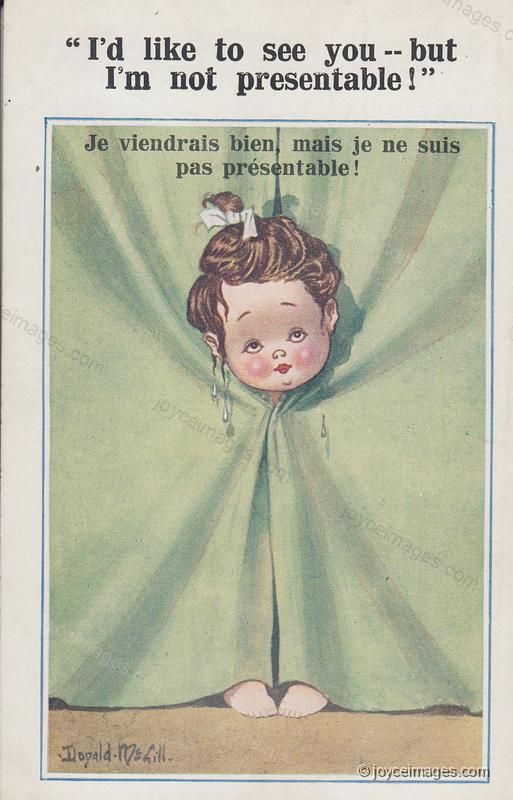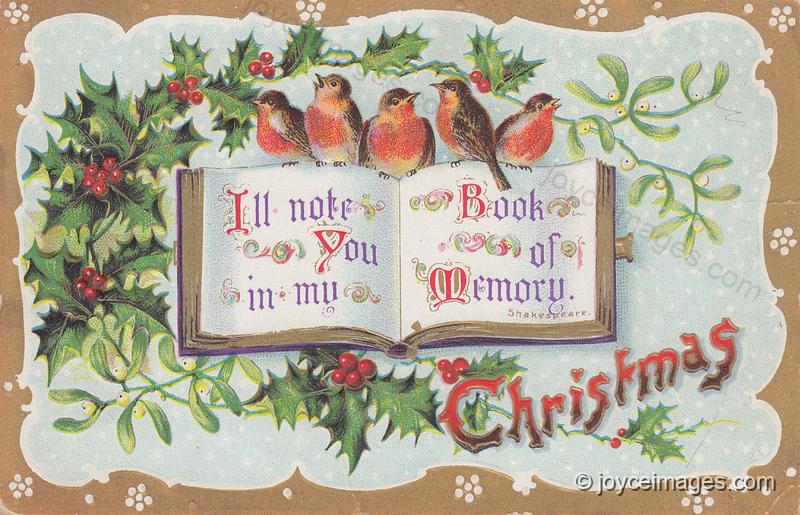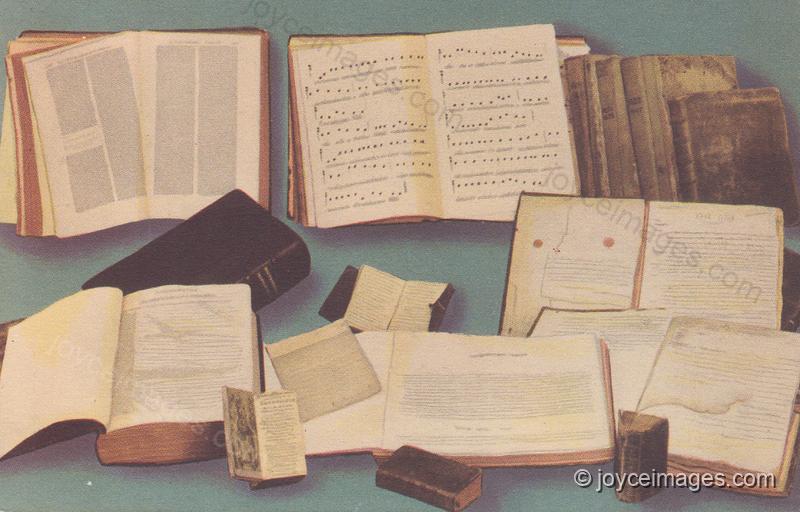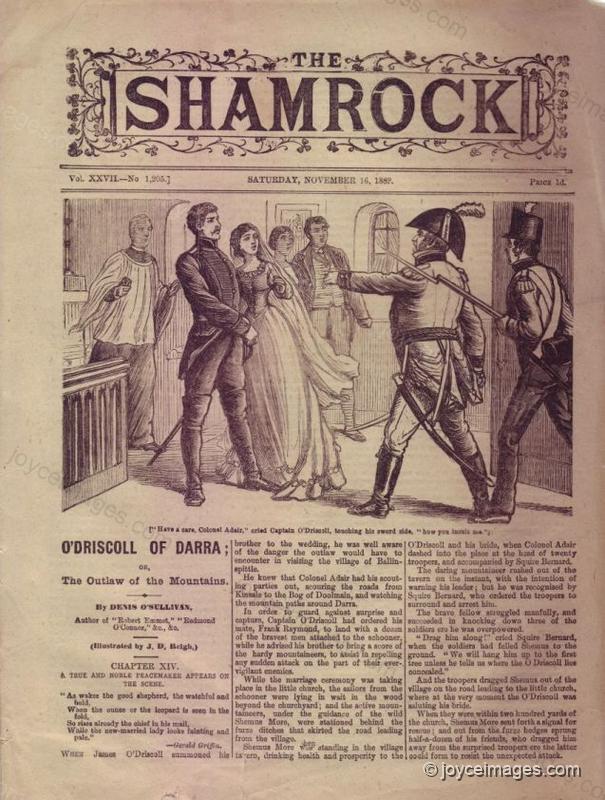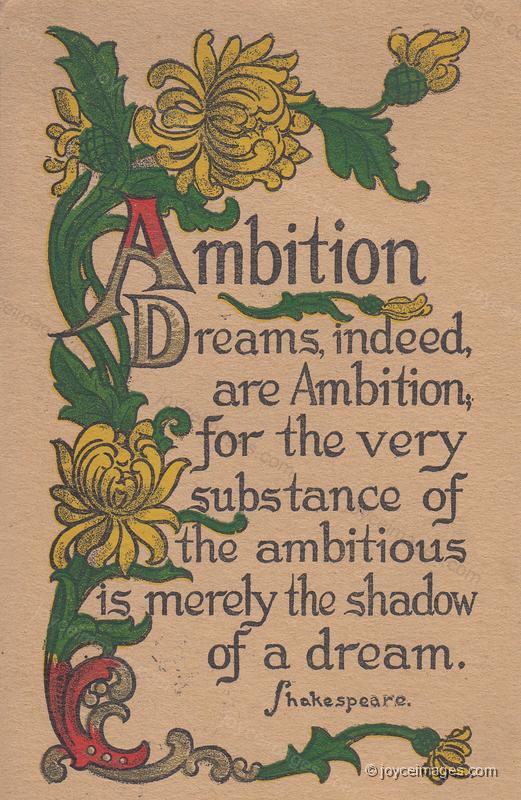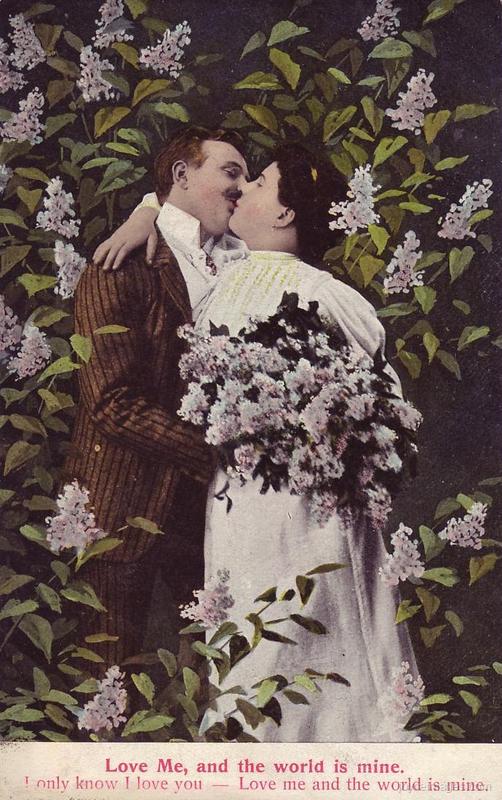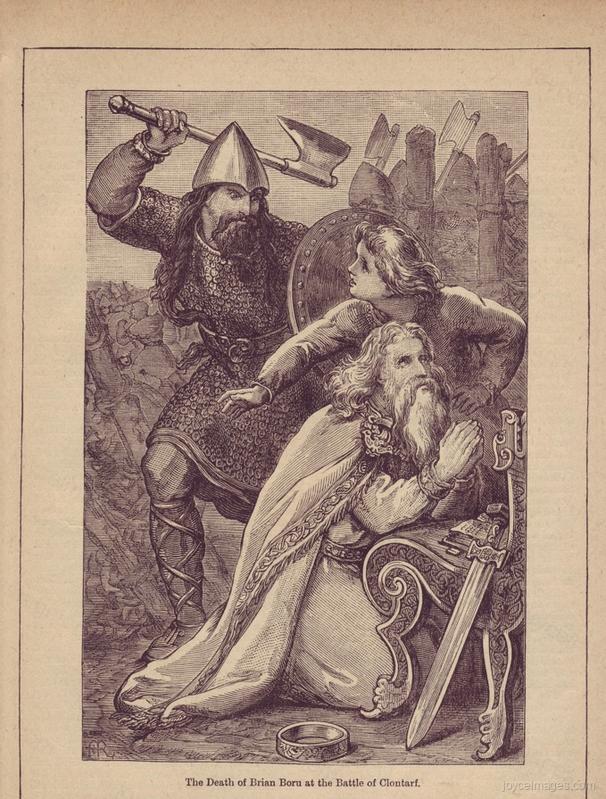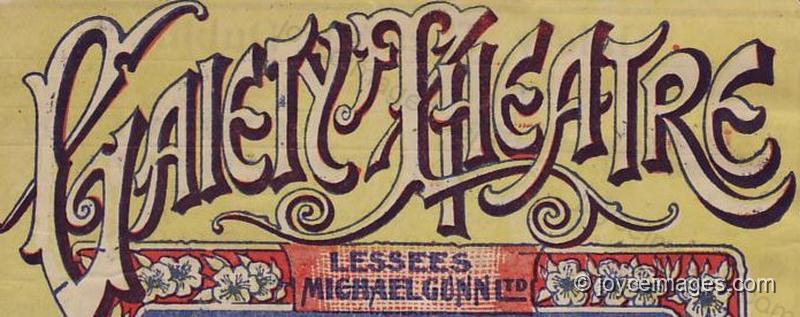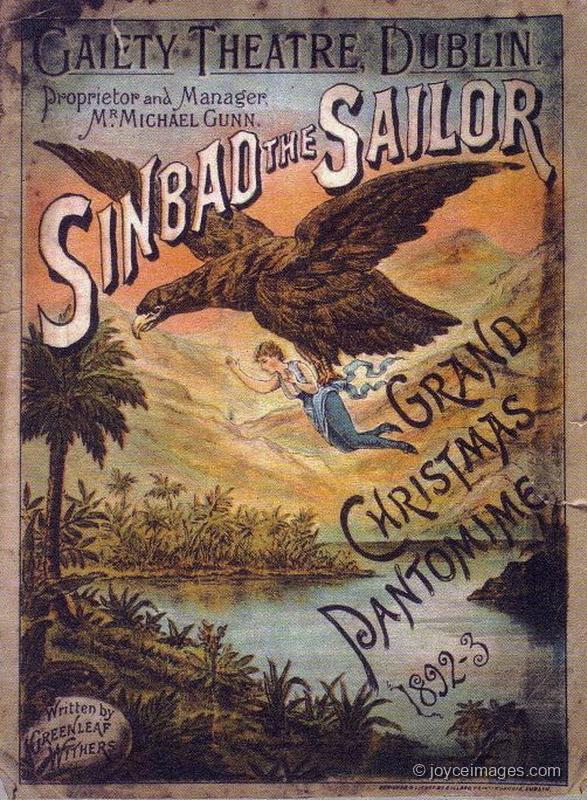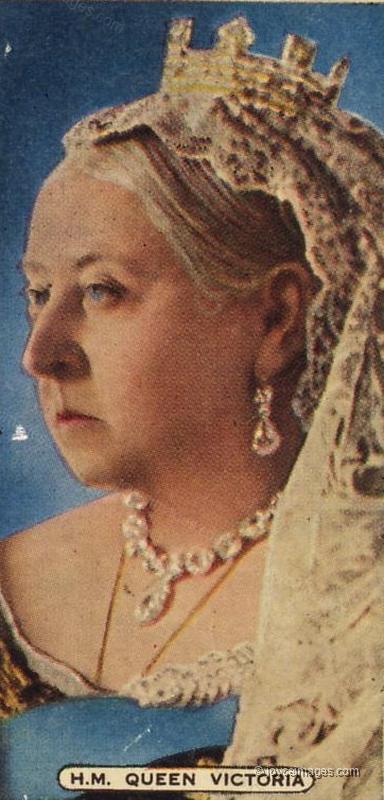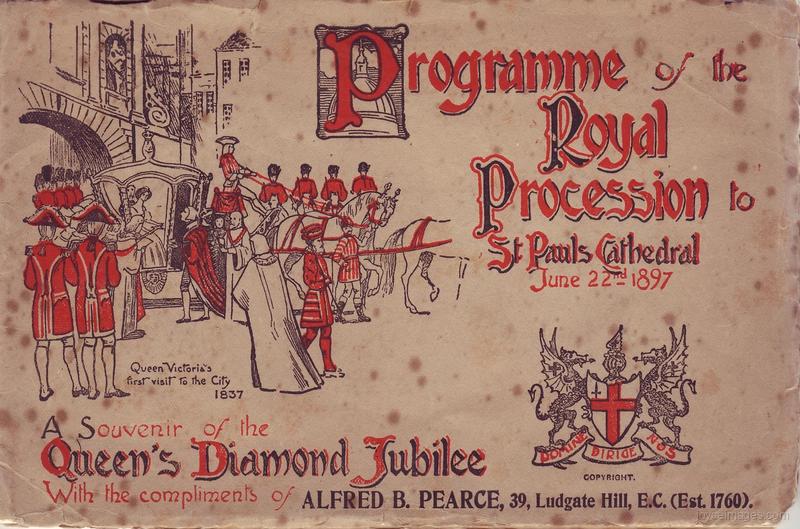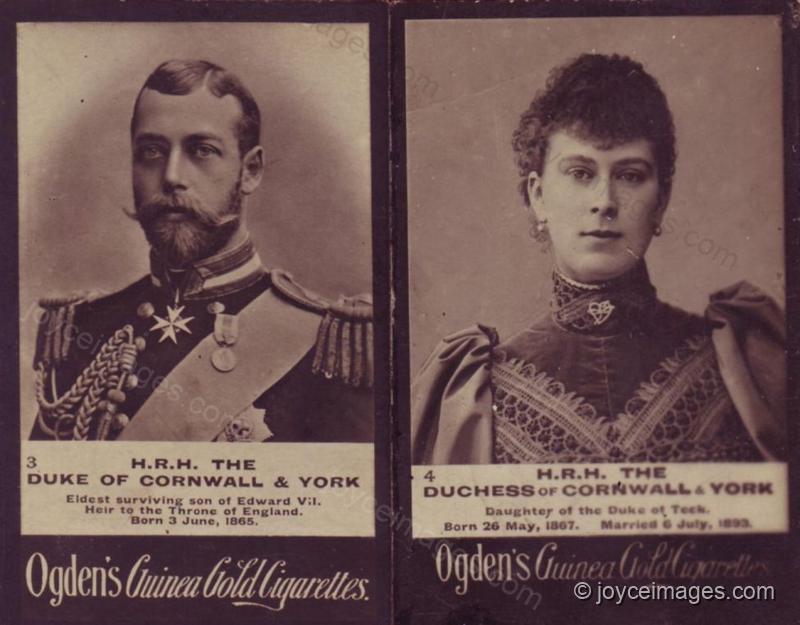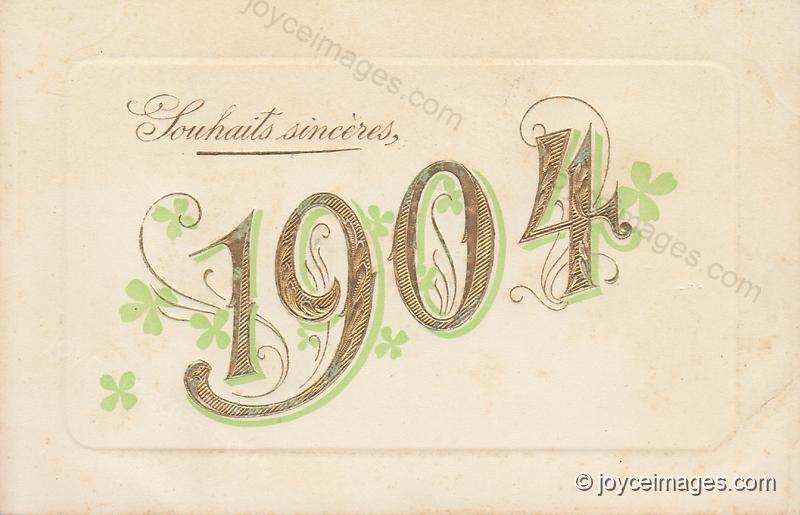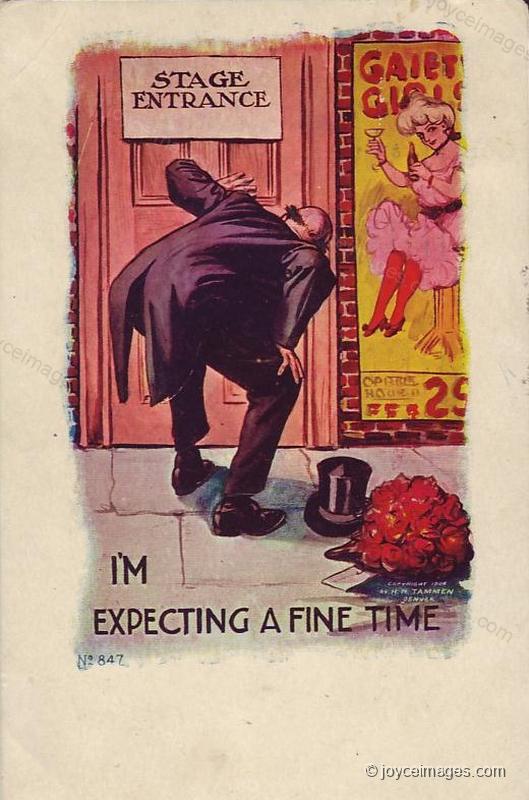"How did Bloom prepare a collation for a gentile?
He poured into two teacups two level spoonfuls, four in all, of Epps's soluble cocoa and proceeded according to the directions for use printed on the label, to each adding after sufficient time for infusion the prescribed ingredients for diffusion in the manner and in the quantity prescribed." (U17.354)
He poured into two teacups two level spoonfuls, four in all, of Epps's soluble cocoa and proceeded according to the directions for use printed on the label, to each adding after sufficient time for infusion the prescribed ingredients for diffusion in the manner and in the quantity prescribed." (U17.354)
"What supererogatory marks of special hospitality did the host show his guest?
Relinquishing his symposiarchal right to the moustache cup of imitation Crown Derby presented to him by his only daughter, Millicent (Milly), he substituted a cup identical with that of his guest and served extraordinarily to his guest and, in reduced measure, to himself the viscous cream ordinarily reserved for the breakfast of his wife Marion (Molly).
Was the guest conscious of and did he acknowledge these marks of hospitality?
His attention was directed to them by his host jocosely, and he accepted them seriously as they drank in jocoserious silence Epps's massproduct, the creature cocoa." (U17.359)
Relinquishing his symposiarchal right to the moustache cup of imitation Crown Derby presented to him by his only daughter, Millicent (Milly), he substituted a cup identical with that of his guest and served extraordinarily to his guest and, in reduced measure, to himself the viscous cream ordinarily reserved for the breakfast of his wife Marion (Molly).
Was the guest conscious of and did he acknowledge these marks of hospitality?
His attention was directed to them by his host jocosely, and he accepted them seriously as they drank in jocoserious silence Epps's massproduct, the creature cocoa." (U17.359)
"Were there marks of hospitality which he contemplated but suppressed, reserving them for another and for himself on future occasions to complete the act begun?
The reparation of a fissure of the length of 1½ inches in the right side of his guest's jacket. A gift to his guest of one of the four lady's handkerchiefs, if and when ascertained to be in a presentable condition." (U17.371)
The reparation of a fissure of the length of 1½ inches in the right side of his guest's jacket. A gift to his guest of one of the four lady's handkerchiefs, if and when ascertained to be in a presentable condition." (U17.371)
"What cerebration accompanied his frequentative act?
Concluding by inspection but erroneously that his silent companion was engaged in mental composition he reflected on the pleasures derived from literature of instruction rather than of amusement as he himself had applied to the works of William Shakespeare more than once for the solution of difficult problems in imaginary or real life." (U 17.382)
Concluding by inspection but erroneously that his silent companion was engaged in mental composition he reflected on the pleasures derived from literature of instruction rather than of amusement as he himself had applied to the works of William Shakespeare more than once for the solution of difficult problems in imaginary or real life." (U 17.382)
"Had he found their solution?
In spite of careful and repeated reading of certain classical passages, aided by a glossary, he had derived imperfect conviction from the text, the answers not bearing in all points." (U17.388)
In spite of careful and repeated reading of certain classical passages, aided by a glossary, he had derived imperfect conviction from the text, the answers not bearing in all points." (U17.388)
"What lines concluded his first piece of original verse written by him, potential poet, at the age of 11 in 1877 on the occasion of the offering of three prizes of 10/-, 5/- and 2/6 respectively for competition by the Shamrock, a weekly newspaper?" (U17.392)
"An ambition to squint
At my verses in print
Makes me hope that for these you'll find room?.
If you so condescend
Then please place at the end
The name of yours truly, L. Bloom." (U17.396)
At my verses in print
Makes me hope that for these you'll find room?.
If you so condescend
Then please place at the end
The name of yours truly, L. Bloom." (U17.396)
"What acrostic upon the abbreviation of his first name had he (kinetic poet) sent to Miss Marion (Molly) Tweedy on the 14 February 1888?
Poets oft have sung in rhyme
Of music sweet their praise divine.
Let them hymn it nine times nine.
Dearer far than song or wine.
You are mine. The world is mine." (U17.410)
Poets oft have sung in rhyme
Of music sweet their praise divine.
Let them hymn it nine times nine.
Dearer far than song or wine.
You are mine. The world is mine." (U17.410)
"What had prevented him from completing a topical song (music by R.G. Johnston) on the events of the past, or fixtures for the actual, years, entitled If Brian Boru could but come back and see old Dublin now," (U17.417)
Brian Boru or Brian Boroimhe (ca 940-1014), king of Ireland. A clan prince, he succeeded his brother Mathghamhain, who had seized Munster from the Eogharacht rulers (963). Brian subjugated Munster, extended his power over all S. Ireland, and in 1002 became High King of Ireland by right of conquest. As his power increased, relations with the Norse rulers on the Irish coast, and their king Sitric, grew steadily worse. Sitric formed against Brian a coalition of the Norse of Ireland, the Hebrides, the Orkneys, Iceland, and Brian's Irish enemies. On Good Friday April 23rd 1014, Brian's forces met and annihilated the allies at Clontarf, near Dublin. Soon after this victory, however, he was attacked by the enemy and murdered in his tent, as illustrated in this print (1886).
Brian Boru or Brian Boroimhe (ca 940-1014), king of Ireland. A clan prince, he succeeded his brother Mathghamhain, who had seized Munster from the Eogharacht rulers (963). Brian subjugated Munster, extended his power over all S. Ireland, and in 1002 became High King of Ireland by right of conquest. As his power increased, relations with the Norse rulers on the Irish coast, and their king Sitric, grew steadily worse. Sitric formed against Brian a coalition of the Norse of Ireland, the Hebrides, the Orkneys, Iceland, and Brian's Irish enemies. On Good Friday April 23rd 1014, Brian's forces met and annihilated the allies at Clontarf, near Dublin. Soon after this victory, however, he was attacked by the enemy and murdered in his tent, as illustrated in this print (1886).
"commissioned by Michael Gunn, lessee of the Gaiety Theatre, 46, 47, 48, 49 South King street, and to be introduced into the sixth scene, the valley of diamonds," (U17.419)
"of the second edition (30 January 1893) of the grand annual Christmas pantomime Sinbad the Sailor (produced by R. Shelton 26 December 1892, written by Greenleaf Whittier, scenery by George A. Jackson and Cecil Hicks, costumes by Mrs and Miss Whelan under the personal supervision of Mrs Michael Gunn, ballets by Jessie Noir, harlequinade by Thomas Otto) and sung by Nelly Bouverist, principal girl?" (U17.421)
(Image courtesy of the ZJJF)
(Image courtesy of the ZJJF)
"the anticipated diamond jubilee of Queen Victoria (born 1820, acceded 1837) and the posticipated opening of the new municipal fish market:" (U17.428)
"secondly, apprehension of opposition from extreme circles on the questions of the respective visits of Their Royal Highnesses the duke and duchess of York (real) and of His Majesty King Brian Boru (imaginary): thirdly, a conflict between professional etiquette and professional emulation concerning the recent erections of the Grand Lyric Hall on Burgh Quay and the Theatre Royal in Hawkins street:" (U17.430)
'Duke of York' is a title of nobility in the British peerage, usually given to the second son of the British monarch. H.R.H. Prince George (1865 - 1936) was created Duke of York in 1892, and his wife Mary (m. 1893) was the Duchess. He was the second son of Edward VII & Alexandra, and later King George V.
'Duke of York' is a title of nobility in the British peerage, usually given to the second son of the British monarch. H.R.H. Prince George (1865 - 1936) was created Duke of York in 1892, and his wife Mary (m. 1893) was the Duchess. He was the second son of Edward VII & Alexandra, and later King George V.
"till then 1904 when Stephen was 22 Bloom would be 374 and in 1920 when Stephen would be 38, as Bloom then was, Bloom would be 646 while in 1952 when Stephen would have attained the maximum postdiluvian age of 70 Bloom, being 1190 years alive having been born in the year 714, would have surpassed by 221 years the maximum antediluvian age, that of Methusalah, 969 years, while, if Stephen would continue to live until he would attain that age in the year 3072 A.D., Bloom would have been obliged to have been alive 83,300 years, having been obliged to have been born in the year 81,396 B.C." (U17.435)
"fourthly, distraction resultant from compassion for Nelly Bouverist's non-intellectual, non-political, non-topical expression of countenance and concupiscence caused by Nelly Bouverist's revelations of white articles of non-intellectual, non-political, non-topical underclothing while she (Nelly Bouverist) was in the articles:" (U17.436)
